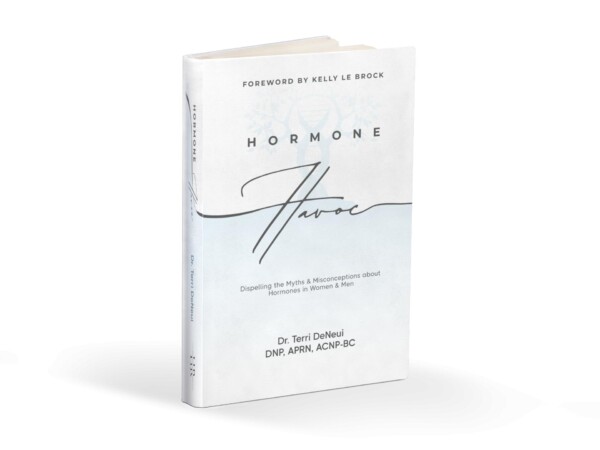Get Well.
Live
Well.
Get Well.
Live
Well.
Personalized HRT for Women & Men.
A Partner in Health. Backed by Science.
Patient & Provider Resources
How EVEXIAS Changes Lives
EVEXIAS Health Solutions was founded by leading experts in integrative functional medicine, who understand what it takes to prevent disease, address the root cause of illness, and provide healing that will all you to live life to the fullest.
Living Well Starts Here
A Functional Integrated Approach to Health
Explore what EVEXIAS Health Solutions can do for you. Discover all the ways you can improve your health and wellbeing from the inside out.
Recent News & Articles
Founder of BioTe Medical Issues Apology to EVEXIAS Founder >
Founder of BioTe Medical, Dr. Gary Donovitz, Issues Apology as…
TAKE ACTION NOW: FDA Attacking Natural Thyroid >
Fight for your right to natural, individualized medicine—tell the FDA…
Urgent Use Legislation: Empowering Pharmacy Compounders to Address Drug Shortages >
The drug supply chain plays a crucial role in ensuring…




























































